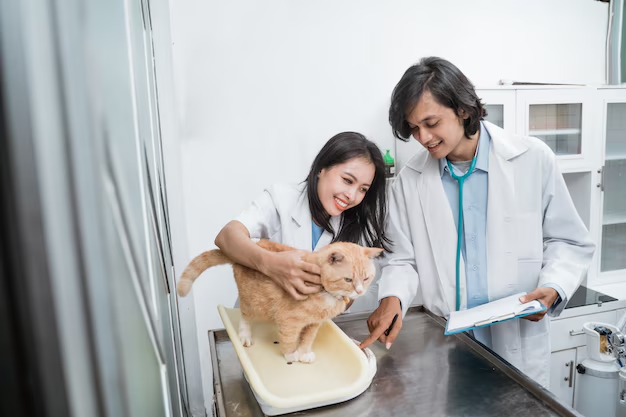How to Become a Veterinary Doctor: Required Degrees, Certifications, and Licenses
Are you passionate about animal care and envision yourself as a veterinary doctor? Embarking on this rewarding career demands dedication, extensive training, and acquiring the right qualifications. To become a licensed veterinarian, aspiring professionals must begin with a bachelor's degree, typically in a science-related field such as biology or animal science. This foundational education is crucial for gaining the prerequisite knowledge necessary for advanced studies. Following this, one must pursue a Doctor of Veterinary Medicine (DVM) degree from an accredited veterinary school—a rigorous four-year program that combines classroom instruction with hands-on clinical experience. These degrees not only prepare students for diagnosing and treating animals but also emphasize the importance of ethical practice and compassionate care.
In addition to academic achievements, aspiring veterinarians must obtain a license to practice, which generally requires passing the North American Veterinary Licensing Examination (NAVLE). Some veterinarians choose to specialize in specific fields by attaining further certifications from recognized veterinary boards. This specialized training can enhance one's expertise and open doors to niche roles within the profession. Therefore, whether it's treating household pets or exotic wildlife, the path to becoming a veterinarian is paved with critical, structured learning and a commitment to ongoing professional development.
Degrees, Certifications, and Licenses:
- 🎓 Bachelor's Degree in Biology or Animal Science (Pre-Veterinary Focus)
- 🎓 Doctor of Veterinary Medicine (DVM) Degree
- 📜 North American Veterinary Licensing Examination (NAVLE)
- 📑 Specialty Certifications (e.g., Veterinary Surgery, Animal Behavior)
Navigating this educational pathway is pivotal in shaping a successful career dedicated to animal health and welfare.
